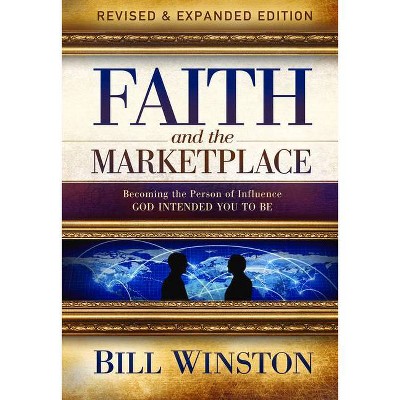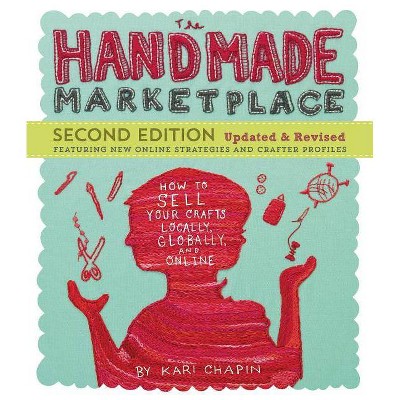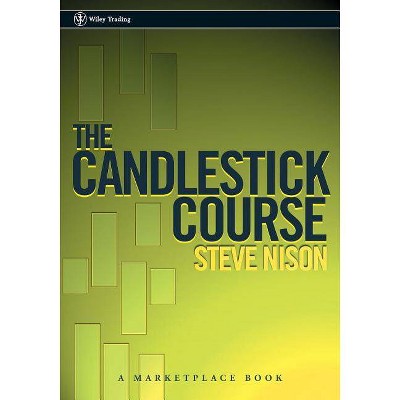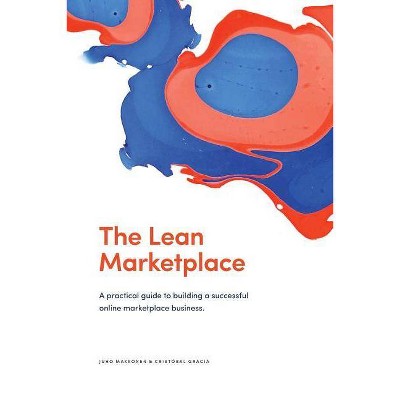Marketplace of the Marvelous - by Erika Janik (Paperback)
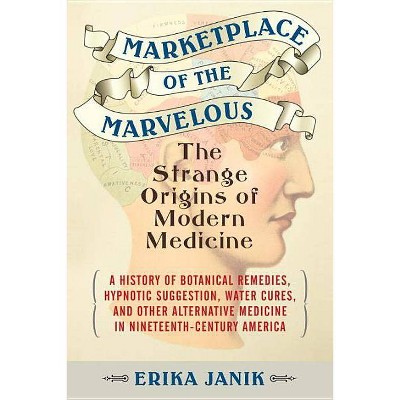
Similar Products
Products of same category from the store
AllProduct info
<p/><br></br><p><b> Book Synopsis </b></p></br></br><b>An entertaining introduction to the quacks, snake-oil salesmen, and charlatans, who often had a point </b> <p/>Despite rampant scientific innovation in nineteenth-century America, traditional medicine still adhered to ancient healing methods, subjecting patients to bleeding, blistering, and induced vomiting and sweating. Facing such horrors, many patients ran with open arms to burgeoning practices that promised new ways to cure their ills. Hydropaths offered cures using "healing waters" and tight wet-sheet wraps. Phineas Parkhurst Quimby experimented with magnets and tried to replace "bad," diseased thoughts with "good," healthy thoughts, while Daniel David Palmer reportedly restored a man's hearing by knocking on his vertebrae. Lorenzo and Lydia Fowler used their fingers to "read" their clients' heads, claiming that the topography of one's skull could reveal the intricacies of one's character. Lydia Pinkham packaged her Vegetable Compound and made a famous family business from the homemade cure-all. And Samuel Thomson, rejecting traditional medicine, introduced a range of herbal remedies for a vast array of woes, supplemented by the curative powers of poetry. <p/> Bizarre as these methods may seem, many are the precursors of today's notions of healthy living. We have the nineteenth-century practice of "medical gymnastics" to thank for today's emphasis on regular exercise, and hydropathy's various water cures for the notion of regular bathing and the mantra to drink "eight glasses of water a day." And much of the philosophy of health introduced by these alternative methods is reflected in today's patient-centered care and holistic medicine, which takes account of the body and spirit. <p/> Moreover, these entrepreneurial alternative healers paved the way for women in medicine. Shunned by the traditionalists and eager for converts, many of the masters of these new fields embraced the training of women in their methods. Some women, like Pinkham, were able to break through the barriers to women working to become medical entrepreneurs themselves. In fact, next to teaching, medicine attracted more women than any other profession in the nineteenth century, the majority of them in "irregular" health systems. <p/> These eccentric ideas didn't make it into modern medicine without a fight, of course. As these new healing methods grew in popularity, traditional doctors often viciously attacked them with cries of "quackery" and pressed legal authorities to arrest, fine, and jail irregulars for endangering public safety. Nonetheless, these alternative movements attracted widespread support--from everyday Americans and the famous alike, including Mark Twain, Louisa May Alcott, and General Ulysses S. Grant--with their messages of hope, self-help, and personal empowerment. <p/> Though many of these medical fads faded, and most of their claims of magical cures were discredited by advances in medical science, a surprising number of the theories and ideas behind the quackery are staples in today's health industry. Janik tells the colorful stories of these "quacks," whose oftentimes genuine wish to heal helped shape and influence modern medicine.<p/><br></br><p><b> Review Quotes </b></p></br></br><br>"A must-read for medical history buffs, whether mainstream or maverick."<br>--<i>Publishers Weekly</i> <p/>"A thorough, informative history of the many eccentric narratives that make these quack sciences so interesting and important to modern medicine."<br>--<i>Kirkus Reviews</i> <p/>"Historian Janik chronicles the rise and fall and renewed popularity of alternative medicine."<br>--<i>Booklist<br></i><br>"Erika Janik's survey of alternative therapies hums with strange ideas and even odder characters."<br>--<i>Boston Globe</i> <p/>"[Janik] offers full and fair accounts of the origins, rationales and fortunes of [these] alternative practices."<br>--<i>Wall Street Journal</i> <p/>"[Janik] is especially good at delineating the history of women."<br>--<i>CHOICE</i>, recommended review <p/>"A must read for those in the natural and alternative health industry."<br>--<i>The Herbal Collective</i><br><i><br>"Marketplace of the Marvelous</i> is well served by Janik's training as a historian. The observations of the misfit margins that she explores are both keen and cutting--she is as evenhanded as she is graceful when describing the turbulent first half of the nineteenth century, and draws clear connections between modern medical theory and its early influences."<br>--<i>The Source Weekly</i> <p/>"Erika Janik's <i>Marketplace of the Marvelous</i> is a rare achievement: both entertaining narrative for the curious reader and valuable resource for the serious scholar. I wish I'd had it when writing my biographies of prominent nineteenth-century women, as easily seduced by the promised cures of pseudoscience as so many others in the era of brutally "heroic" medicine, with its tortuous treatments of bloodletting, blistering, and mega-doses of mercury. Janik rightly traces many of our contemporary notions of healthy living to early crackpot remedies--drinking plenty of water, regular exercise, massage, herbal medicines. In this remarkable volume Janik summons up a vanished world of visionaries and cranks who were indeed both marvelous and modern."<br> --Megan Marshall, author of <i>The Peabody Sisters</i> and <i>Margaret Fuller: A New American Life</i> <p/>"Astronomy was preceded by Astrology. Modern medical science was preceded by snake oil and homeopathy. Janik tells a compelling story, in graceful prose, of what happens when error, greed and fashion rule the marketplace of medical ideas. What Lewis Thomas called 'The Youngest Science'--medicine based on cell and molecular biology--is young, indeed; and this fine book reminds us of how far we have come."<br><b>--</b>Gerald Weissmann, MD, <b> </b>author of <i>Epigenetics in the Age of Twitter</i> <p/>"An engaging romp through more than a century of irregular medicine, from the kookiness of phrenologists and mesmerists to the excessive claims of snake-oil salesmen and Thomsonian botanical practitioners. Erika Janik explores these medical byways with both skepticism and respect, showing how their often-derided practitioners were pioneers (at times unwittingly) in the exploration of placebo effects, psychotherapy, the importance of exercise, disease prevention, and patient engagement in their own care--elements that have been gradually absorbed into mainstream medical practice. It's a fun read and eye-opening from start to finish."<br> --David Hellerstein, MD, professor of psychiatry, Columbia University Medical Center, and author of<i> Heal Your Brain</i><br><p/><br></br><p><b> About the Author </b></p></br></br><b><b>Erika Janik</b> </b>is the producer and editor of the Wisconsin Public Radio series <i>Wisconsin Life</i>. She is the author of four award-winning history books. Her work has appeared in <i>Smithsonian</i>, <i>Mental Floss</i>, and <i>Midwest Living</i>, among other publications. She lives in Madison, Wisconsin.
Price History
Price Archive shows prices from various stores, lets you see history and find the cheapest. There is no actual sale on the website. For all support, inquiry and suggestion messages communication@pricearchive.us

